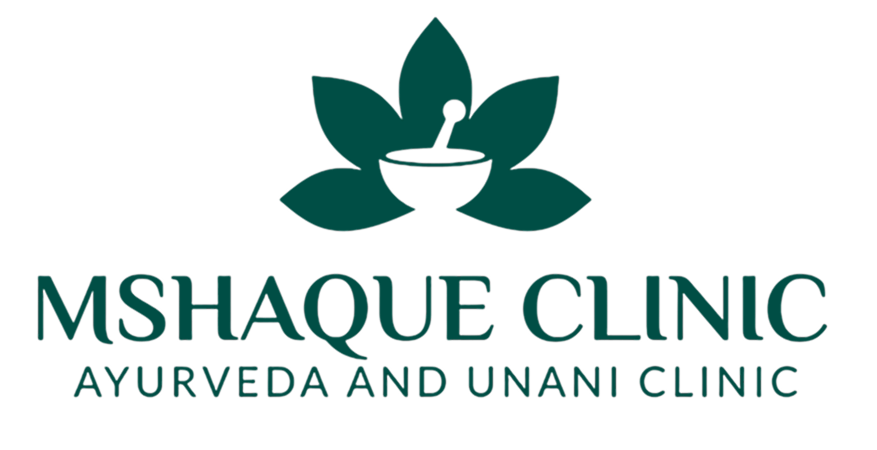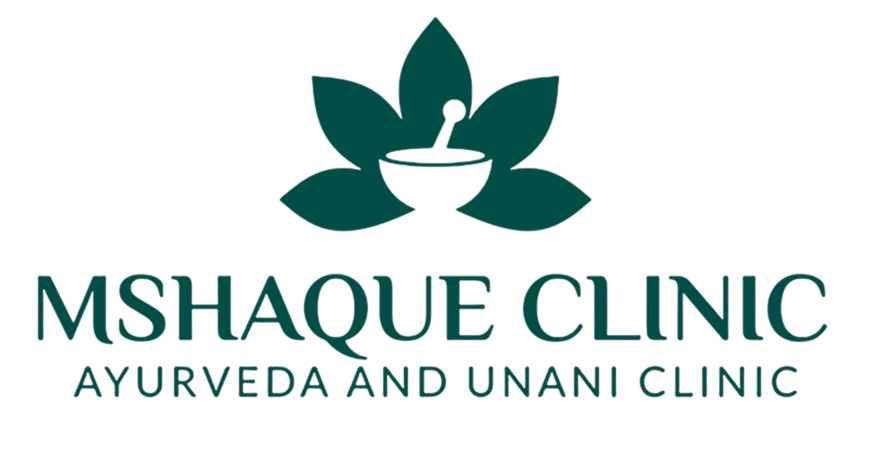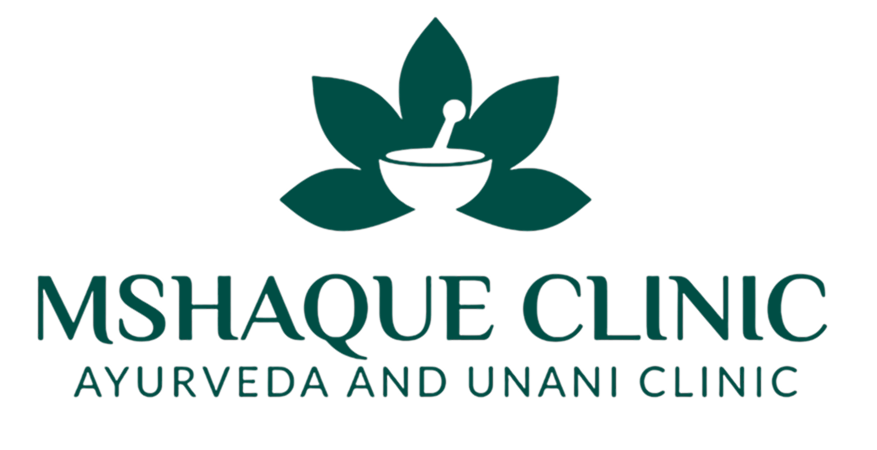Diabetes Normal Range: Have you ever wondered how Ayurveda views diabetes and where the diabetes normal range is set? This ancient healing system offers a unique perspective on how to bring the body into balance for normal blood sugar levels built on holistic principles. In this guide, you’ll investigate how diabetes is treated according to an Ayurvedic approach. Here, you’ll also discover a comprehensive path, beginning with dietary knowledge and advancing through herbal treatments. Thus, people will have a deep understanding of how to maintain overall well-being.
Diabetes Normal Range: Understanding the Ayurvedic Concept of Diabetes Normal Range
According to the Ayurvedic perspective on diabetes, understanding normal levels means balancing doshas for optimum health. From dietary choices to lifestyle adjustments, Ayurveda’s holistic approach is well-known. The normal blood sugar levels chart holds to Ayurvedic principles, giving a guide on how to achieve equilibrium. Ayurveda acknowledges the need for individualized care because each person’s constitution is different.
Besides, the concept also includes a random blood sugar normal range, and it reflects Ayurveda’s flexibility in dealing with different health situations. Integrating herbal medicines and personalized care, Ayurveda offers a comprehensive system whereby people can find their way to an Ayurvedic diabetes normal range. This supports a holistic and sustainable outlook on health.
If you would like professional guidance on how to understand and control the normal range of Ayurvedic diabetes, contact Mshaque Clinic experts for a discussion. Their unique approach combines traditional wisdom with modern medical techniques.
Diabetes Normal Range: Ayurvedic View of Normal Blood Sugar
Ayurveda considers fasting blood sugar between 70-100 mg/dL and up to 140 mg/dL after meals as the sugar level normal range. These levels allow proper nourishment of dhatus (tissues) without producing ama (toxins). Controlling blood sugar is key, as high sugar can damage organs over time. Ayurveda uses safe, natural methods to maintain normal blood sugar levels to prevent complications. As per Ayurvedic experts Dr. M. S. Haque and Dr. A. Perwaiz at Mshaque Clinic, adopting an Ayurvedic routine can restore balance.
What level of blood sugar is dangerous? Dangerously high blood sugar levels typically exceed 240 mg/dL, posing serious health risks. Persistent symptoms like extreme thirst, frequent urination, and fatigue may indicate elevated levels. Immediate medical attention is crucial to prevent complications associated with uncontrolled hyperglycemia.
Our Other Articles :
Sle Treatment In Ayurveda- All You Need To Know
Ayurvedic Cure For Prostate Enlargement- All You Need To Know
Ayurvedic Medicine For Adenoids- All You Need To Know
Anal Fissure Ayurvedic Treatment- All You Need To Know
Best Ayurvedic Medicine For Fatty Liver- All You Need To Know
Diabetes Normal Range: Ayurvedic Diet for Balanced Blood Sugar
The foods we eat greatly impact normal blood sugar levels for adults. As per Ayurveda, one should focus on complex carbs like oats, whole grains, and vegetables. These foods digest slowly, thus preventing spikes and dips in blood sugar. Refined carbs and sugars should be minimized.
Bitter and astringent foods like karela, methi, Cinnamon and aloe vera are excellent for regulating blood sugar. One should also avoid heavy, greasy, and frozen foods, which can hamper digestion and metabolism, according to Dr. M. S. Haque and Dr. A. Perwaiz. Maintaining healthy digestion is key for balanced blood sugar.
Diabetes Normal Range: Herbal Remedies to Maintain Normal Blood Sugar
According to Ayurveda, keeping blood sugar levels balanced is key to managing diabetes and maintaining good health. High or low blood sugar can cause various health complications over time. Ayurveda offers time-tested herbal remedies and formulations that can help gently regulate blood sugar levels and support normal glucose metabolism when used properly under the guidance of an Ayurvedic practitioner.
- Herbs to Improve Insulin Sensitivity
Herbs like Gurmar, Neem, Turmeric, Shilajit, Fenugreek, Aloe Vera, etc. help improve insulin sensitivity and glucose uptake at the cellular level, thereby aiding blood sugar control. These herbs help manage post-meal blood sugar spikes that should normally not exceed 140 mg/dL, as per Ayurveda. Herbs also help fasting blood sugar stay within the diabetes normal range i.e., 70-100 mg/dL.
- Herbs to Regulate Sugar Metabolism
Herbs like Gurmarin, Berberine, Giloy, Fenugreek, Cinnamon, etc, help regulate the activities of liver enzymes and glucose metabolism pathways. This provides long-term benefits in blood sugar regulation. For example, Giloy and Fenugreek help prevent Random blood sugar spikes that should normally be below 140 mg/dL. Cinnamon mimics insulin action so excess sugar in blood can be transported to cells.
- Classical Ayurvedic Formulations
Classical Ayurvedic formulations like Diabecon, Chandraprabha Vati, Pancreas Tonic, Madhumehantak Churna, etc, contain blends of various herbs that together provide comprehensive benefits in managing blood sugar levels. These formulations help maintain Normal blood sugar levels chart by age-wise as per individual needs. Some formulations also target the metabolism of fats and carbs, which is key to maintaining normal sugar level after food intake within a healthy range.
- Diet and Lifestyle Changes
Our experts at Mshaque Clinic say Ayurveda stresses lifestyle changes through customized diet, yoga, meditation, and home remedies. This helps maintain long-term balance in Fasting blood sugar normal range along with overall health.
Conclusion
Ayurveda offers a safe, natural methodology for maintaining normal blood sugar balance gently with diet, activity, and herbal support. This protects against diabetes and related complications. By adopting Ayurvedic wisdom shared by the Mshaque Clinic, one can certainly achieve fasting and post-meal sugar levels within the healthy range. Do consult an Ayurvedic practitioner like Dr. M. S. Haque and Dr. A. Perwaiz for guidance on your unique constitution and needs.
The Ayurveda Guide to Diabetes Normal Range takes you on an enlightening journey toward balanced health. Ancient wisdom and modern wellness at Mshaque Clinic, where you are given personalized insights, as well as expert guidance. Control your destiny today.
FAQs
What is a normal blood sugar range?
As per Ayurveda, the normal blood sugar range is Fasting: Below 100 mg/dL and Post meals: up to 140 mg/dL at 1-2 hours after eating. Values may be a little higher in some cases but should not exceed 126 mg/dL (fasting) and 200 mg/dL (post-meal).
What is normal diabetes by age?
Normal blood sugar levels do not change with age, as per Ayurveda. However, the body’s metabolism generally slows down with age, so more care should be taken to maintain diet and activity levels to ensure blood sugar stays within normal range.
Is 200 blood sugar normal after eating?
No, as per Ayurvedic doctors Dr. M. S. Haque and Dr. A. Perwaiz, blood sugar over 200 mg/dL, even after meals, indicates impaired glucose tolerance. Proper diet, exercise, and Ayurvedic supplements (if needed) should be taken to restore normal post-meal sugar levels.
What is diabetes normal range in percentage?
Normal A1C levels, which reflect 2-3 month blood sugar status, should be between 4% and 5.6% as per American Diabetes Association (ADA) guidelines, which closely match Ayurveda’s view on normal glycemic control.




